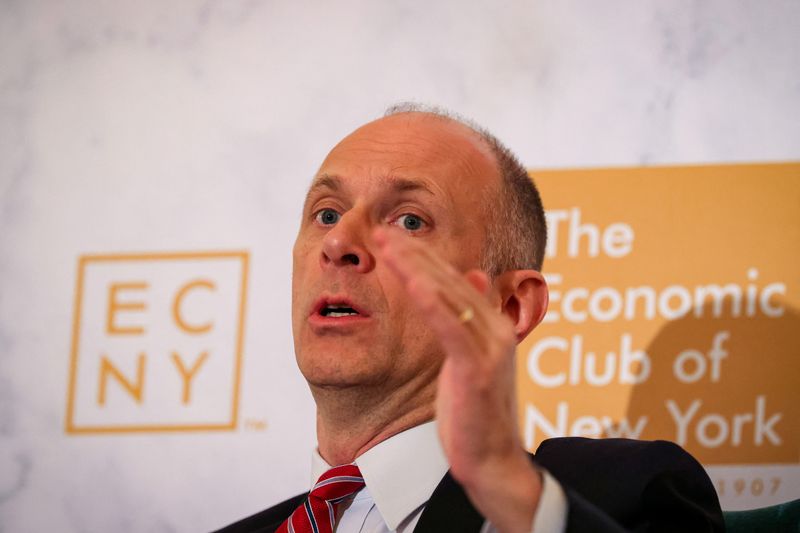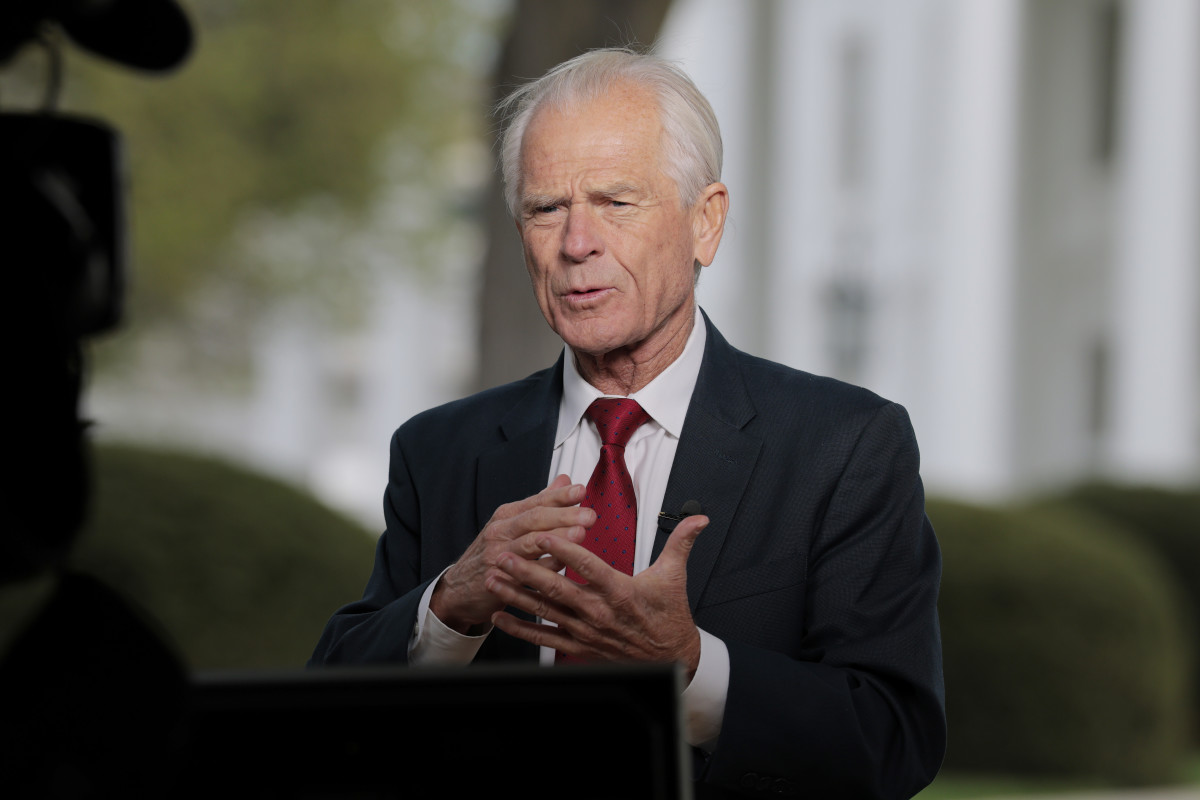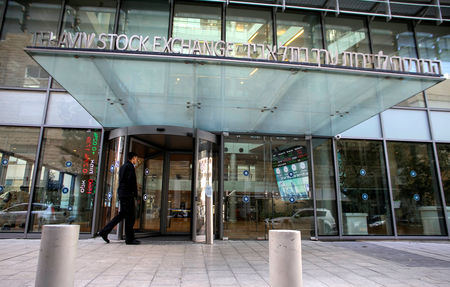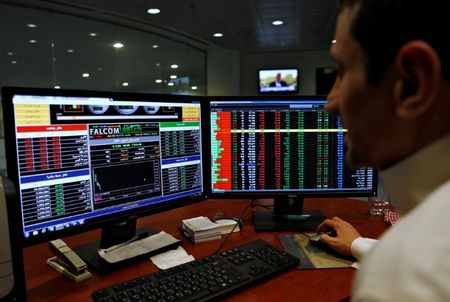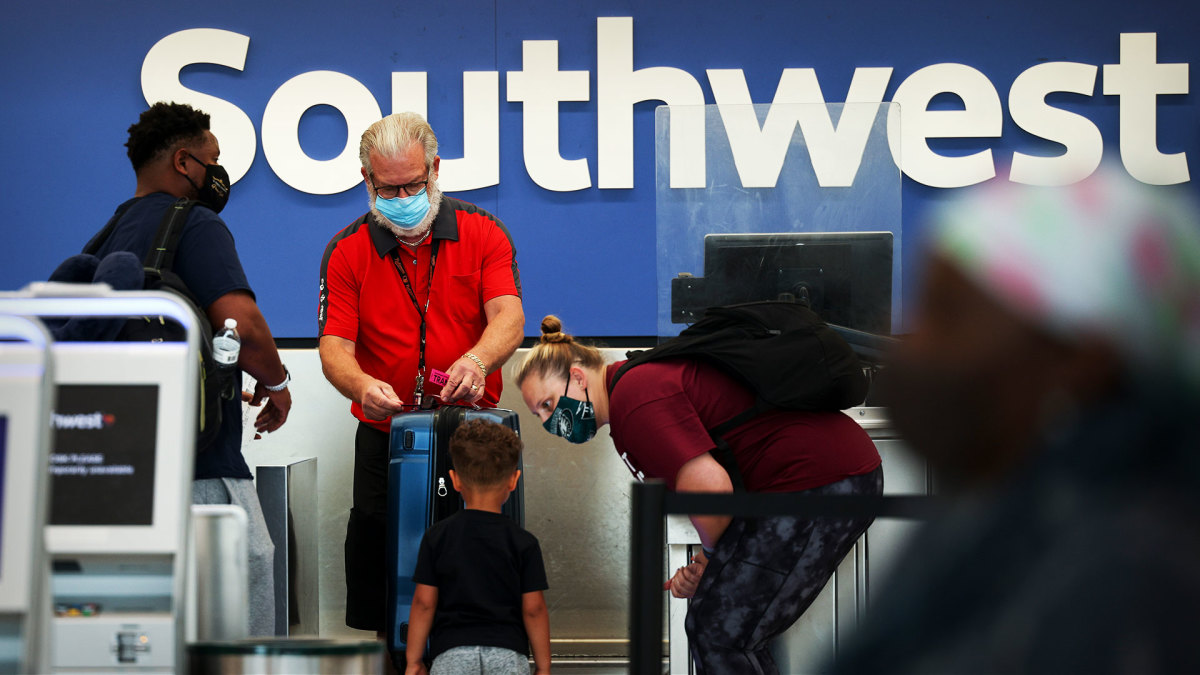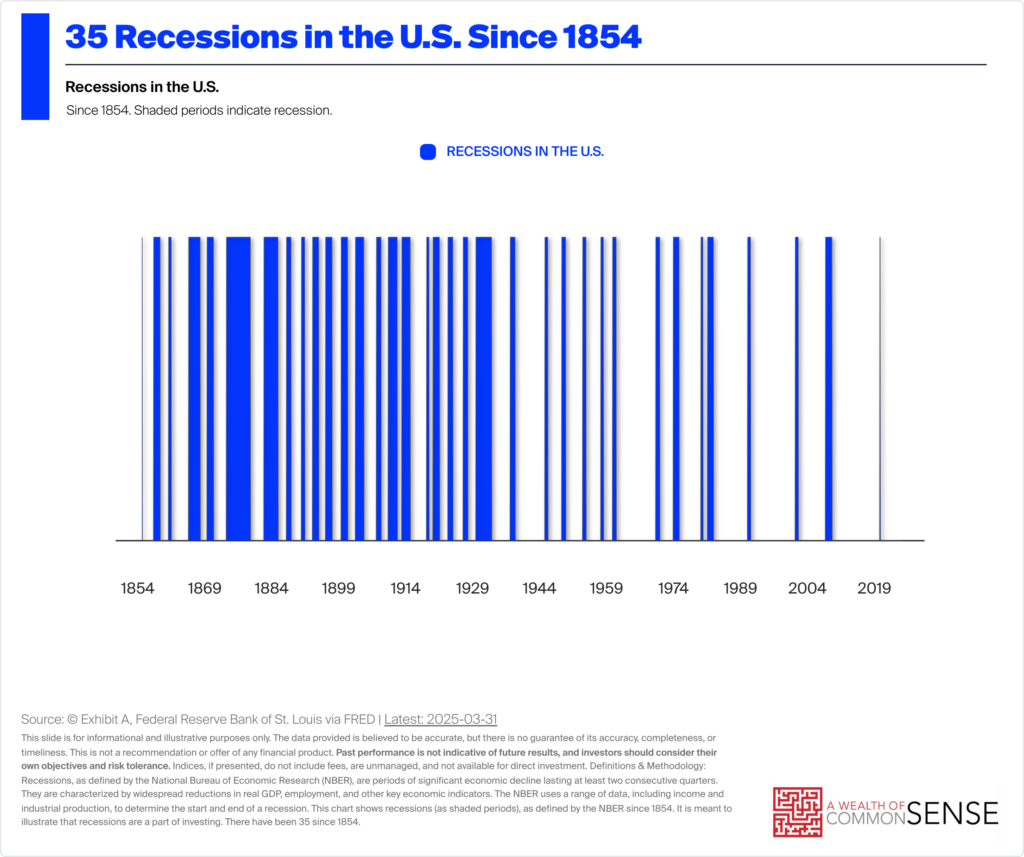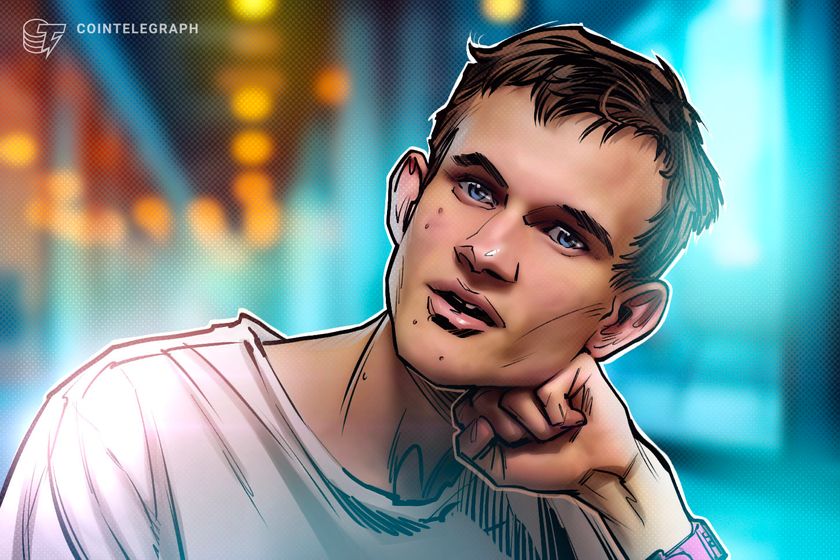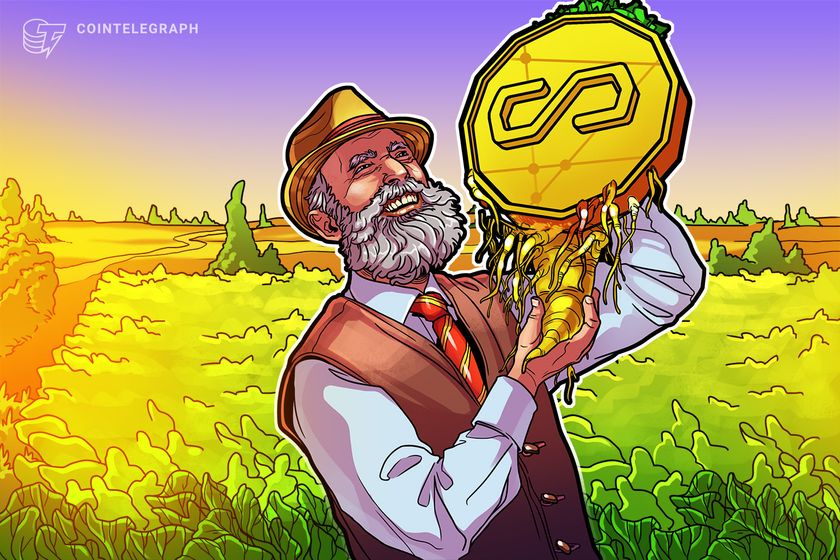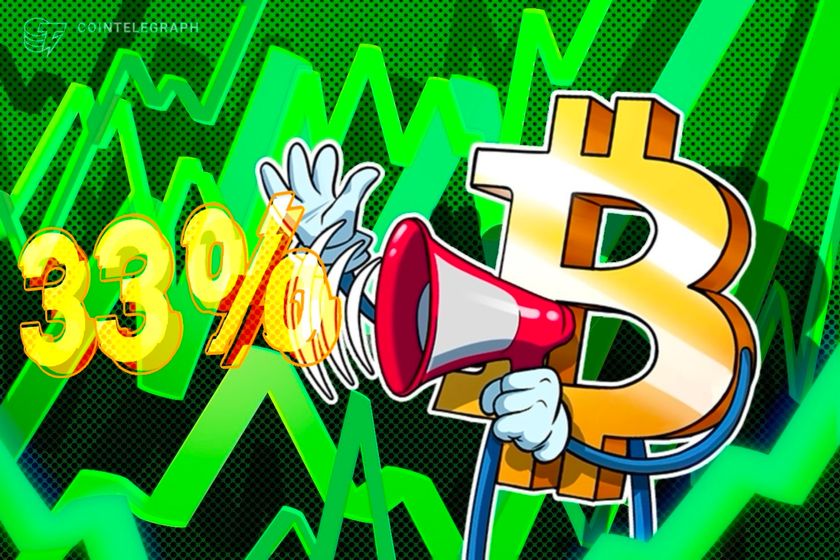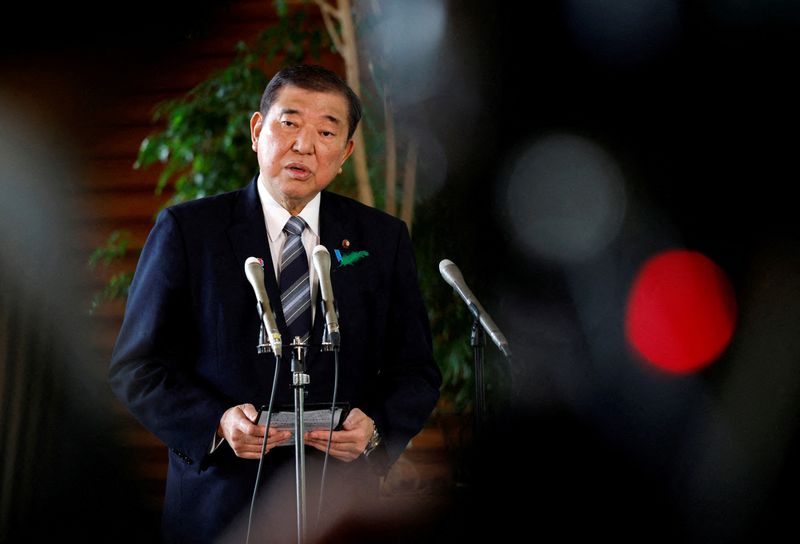This controversial interview question is more popular than you think
A once risky topic to bring up in an interview is now one of the top three questions candidates ask.

The job landscape has shifted dramatically in recent years, and what was once considered a risky topic during interviews is now among the top three questions candidates ask. ManpowerGroup CEO Jonas Prising joined TheStreet to discuss how to ask potential employers about work-life balance.
Related: More money won't make you happier at work
Full Video Transcript Below:
CONWAY GITTENS: All right. So let's get to what might be like a sensitive point for the discussion. How can job seekers or even people who already are working ask about the work life balance at a company without coming off as being lazy or uncommitted?
JONAS PRISING: That is a question that I think would have been pretty sensitive five or six years ago today. It's one of the top three questions that will be asked by any potential job seeker in any interview. What are your remote working work from home policies. What kind of flexibility can I anticipate. What are your expectations in terms of how much I would work from home and how late I would need to be signed on all of those questions in this environment.
And now that working from home is a more established practice across many organizations, it's not really a sensitive topic anymore, and especially for the younger generations coming into the workforce. For them, this is a key benefit and we can really see this on applications. When you have on premise, five days come to work every day, job ad, the response rate is dramatically lower than what it is. When you have less days at work, be it a hybrid work model or a fully remote work model. So most employers are aware of this. They don't see this as a sign of less interest and commitment to the organization. They just see this as part of the evolution of a labor market that has changed a lot since the pandemic.




